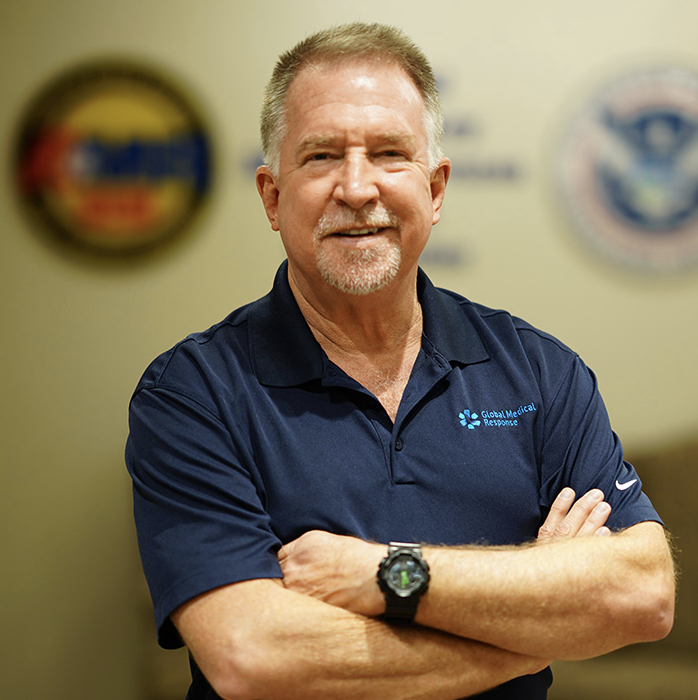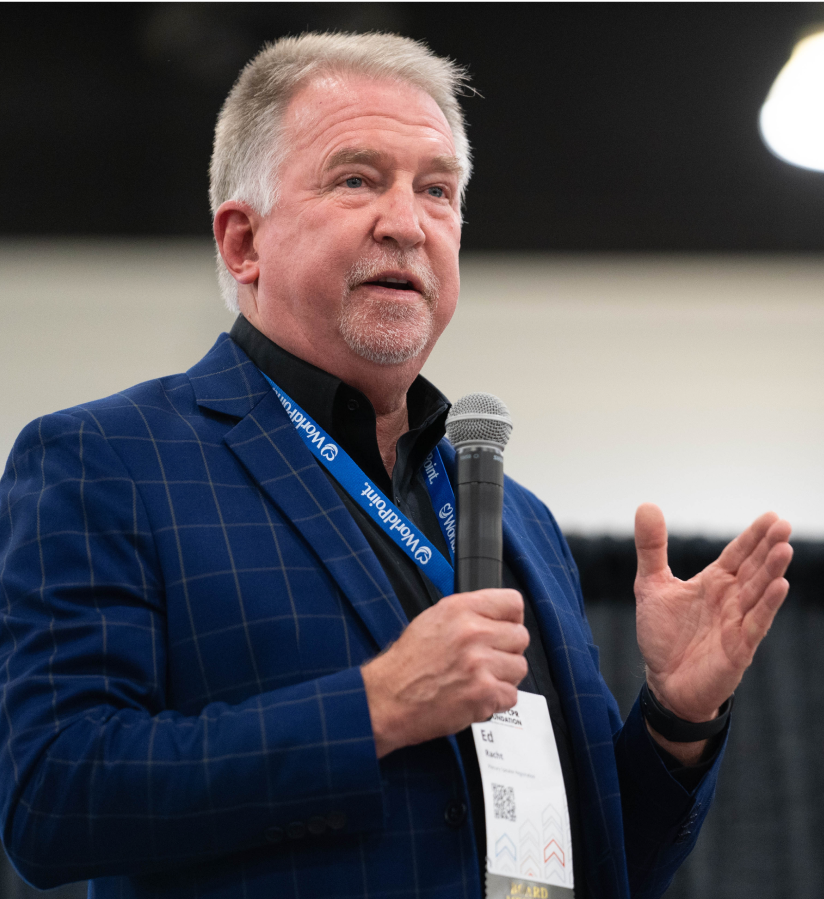Thank you for an unforgettable CASSummit 2025 — we’ll see you in 2027!
THANK YOU TO OUR 2023 SPONSORS
Need help? Contact
CASSummit@citizencpr.org
Greetings to everyone:
On behalf of the 2025 Summit Program Committee and the talented and insightful guidance of many leaders in CCPRF, we’re excited to share our theme and the thought process around creating a stimulating, memorable and educationally fulfilling Summit in Phoenix.
It’s hard to believe that the 2025 Summit will mark 45 years since the inaugural event in 1980! Thousands of attendees and participants have learned from the best, explored the evolving science and benefited from the experience practitioners, scientists and educators committed to improving systems of care for resuscitation. Those memorable meetings and opportunities for interaction have directly impacted our collective abilities to prepare for and care for patients suffering from sudden cardiac arrest.
As you know, in the past the Summit occasionally entertained topics when the heart was stopped not by disease but by other conditions such as trauma, overdoses or drowning. Unfortunately, in today’s world, we now face many new challenges in other time-sensitive, critical conditions. The Program Committee recognized that the successes and principles of developing systems of care for the arrested patient are also applicable to these other events.
In choosing this year’s focus and theme, we have expanded our topics and reach to use our lessons learned, research, and best practices to address the preparation, identification and care in resuscitating patients whose hearts have stopped no matter the cause.
We’re really excited about the expansion of the conference and the opportunity to create a Summit that is valuable to an even broader group committed to caring for time-sensitive conditions.

Ed Racht, MD, CASSummit 2025 Program Chair
Sudden cardiac arrest from disease is still the foundation of our conference, but we recognize the need for more information and education around these increasingly urgent topics. Examples include stop-the-bleed and opioid overdose interventions. Frankly, what we’ve focused on in previous years can help lead the way in improving survival in many other conditions. And our target audience is exactly the right group.
We’re really excited about the expansion of the conference and the opportunity to create a Summit that is valuable to an even broader group committed to caring for time-sensitive conditions.
We look forward to the journey over the next several months to assemble the best of the best.
See you in Phoenix!
On behalf of the Program Committee,
Ed
Edward M. Racht, MD, CASS 2025 Program Chair
Chief Medical Officer
Global Medical Response
GMR Medicine
Almost 64 years ago, an unsurvivable medical event was highlighted in the published medical literature as a treatable condition. Not only that, but treatable by relatively simple, focused interventions that could be applied by almost anyone.
The rest of the story from that point forward is a study in a passionate, organized effort to harmonize the efforts of resuscitation and advocate for widespread adoption through education, community engagement and a persistent approach. A condition no one ever survived was now potentially treatable.
The history of the development of what is now a systems-based approach to cardiac arrest is legendary in medicine. And true to scientific advancements, we continue to advance our approaches based on data and the brilliant minds of researchers who continuously strive to make things better.
But in addition to improving individual patient care, the SYSTEM improved readiness, education, advocacy and focus.
And over those many years, society began to see more “time-sensitive conditions.” Opioid overdose, life-threatening hemorrhage, stroke and other medical and traumatic conditions requiring immediate recognition and action…
The history of the development of what is now a systems-based approach to cardiac arrest is legendary in medicine.

Ed Racht, MD, CASSummit 2025 Program Chair
And you know what? Sudden Cardiac Arrest management provided a beautiful systems approach that could be applied to those conditions as well.
Why? The historic development of an approach to managing an arrest taught us so much:
Our world has changed. But the efforts to prepare for and manage cardiac arrest remain the foundation for rapid identification and treatment that will save lives. Many lives.
The Citizen CPR Foundation’s efforts can now be applied to a broader need.
We have a lot to teach each other.
We have a lot to learn from each other.
We have a lot to advocate for together.
And we have a lot to celebrate together.
Welcome to the next chapter…
Ed
Edward M. Racht, MD, CASS 2025 Program Chair
Chief Medical Officer
Global Medical Response
GMR Medicine
To receive your Cardiac Arrest Survival Summit CE certificate, please complete a survey for each qualifying CE session in the CASSummit mobile app. Open the app and tap the CE Surveys, Conference Evaluation button on the home screen.
Once your submissions are complete, .PDF certificates will be emailed to you from info@citizencpr.org.
CE surveys will remain open in the CASSummit mobile app until Friday, Feb. 2, 2024. Questions? Please reach out to info@citizencpr.org.
Don’t get hooked by those phishing:
Book directly within our Summit room block for the best rooms and rates.
We have had some wholesalers ‘phishing’ with some exhibitors and sponsors, offering to make reservations on your behalf — or even to rebook existing reservations at a promised ‘discount’ rate. In fact, falling for these promises means you you may find yourself with a smaller room, paying for a resort fee, incurring added charges, 100% prepayment requirements, the inability to cancel without hefty penalties, or no actual reservation at all!
We’ve negotiated a great rate at the Town and Country Resort for attendees of the 2023 Summit of only $199 plus tax (that’s a 0% increase over 2021 rates!). We’ve also negotiated with the hotel to waive the daily resort fee and offer a fair cancellation policy if your plans should change. When you book within the room block, it both protects CCPRF from potential losses on room commitments and affords you the assurance of the best rates and rooms available.
Please let us know if you are contacted by a 3rd party – or anyone suggesting they are part of the ‘conference organizers.’ Please feel free to contact us with any questions prior to making a change to your reservation(s).